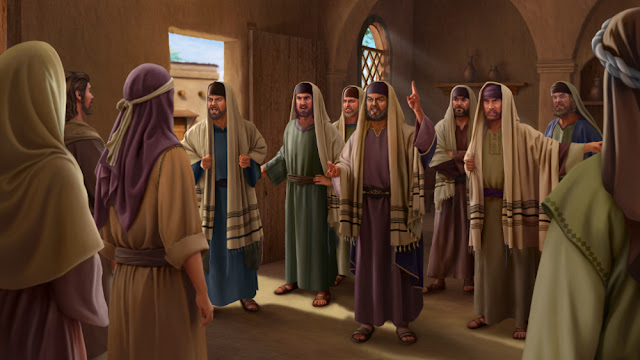By Hongyu
It is recorded in the Bible, “And after eight days again his disciples were within, and Thomas with them: then came Jesus, the doors being shut, and stood in the middle, and said, Peace be to you. Then said he to Thomas, Reach here your finger, and behold my hands; and reach here your hand, and thrust it into my side: and be not faithless, but believing. And Thomas answered and said to him, My LORD and my God. Jesus said to him, Thomas, because you have seen me, you have believed: blessed are they that have not seen, and yet have believed” (John 20:26–29).
Each time I saw these verses I would think: Why did the Lord Jesus not commend Thomas’ faith? Was it merely because he didn’t believe the Lord Jesus’ resurrection? If so, then didn’t Thomas have any doubts toward God before that? Or was it because the Lord Jesus hadn’t seen through his doubts before? I felt very puzzled about these questions.








